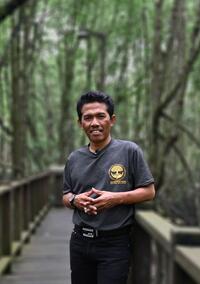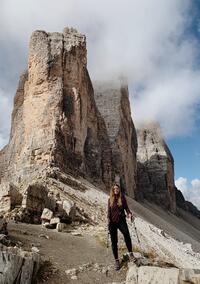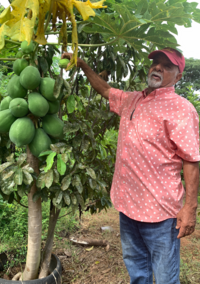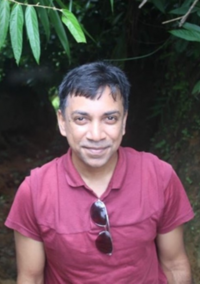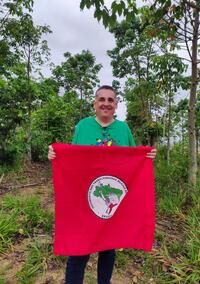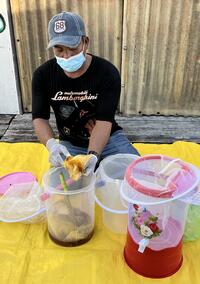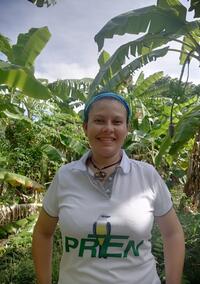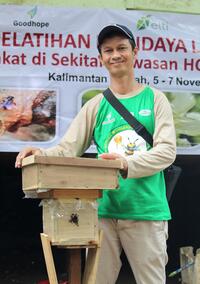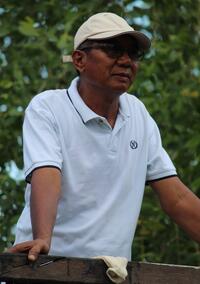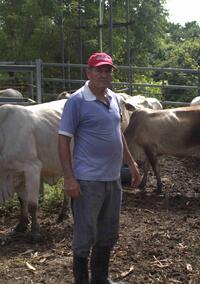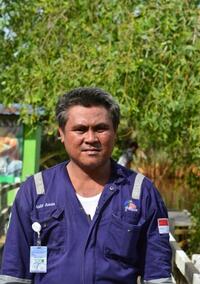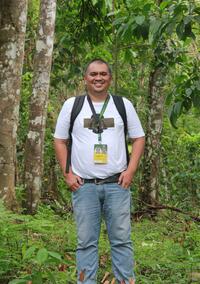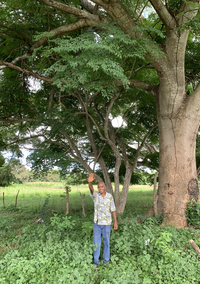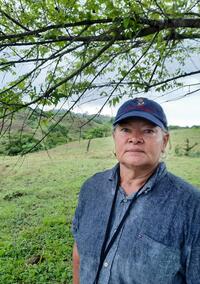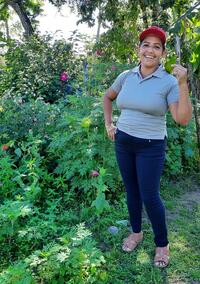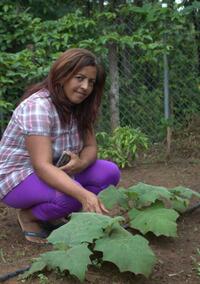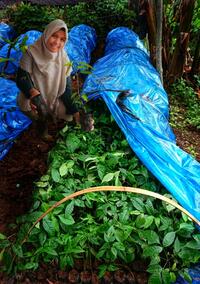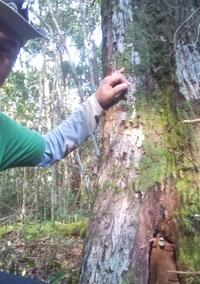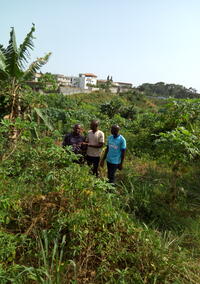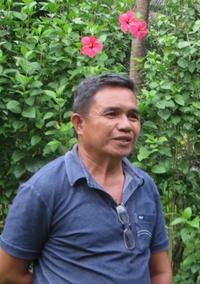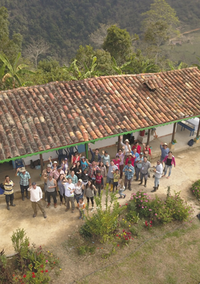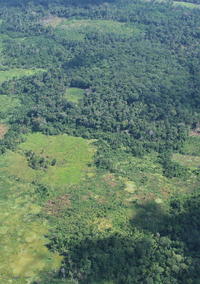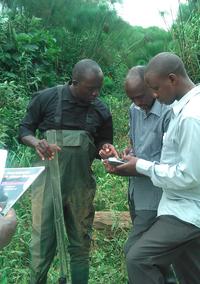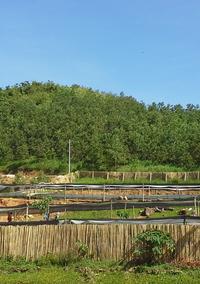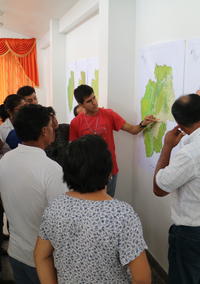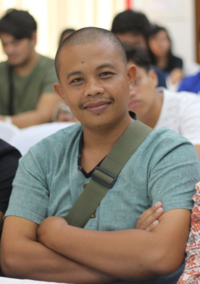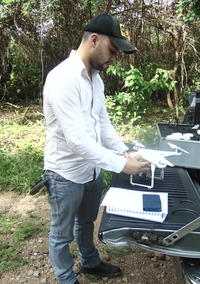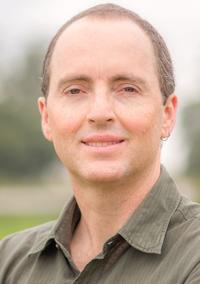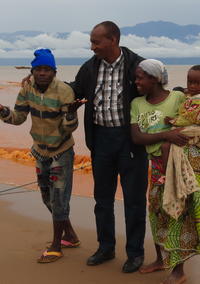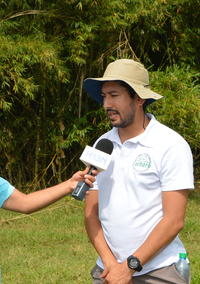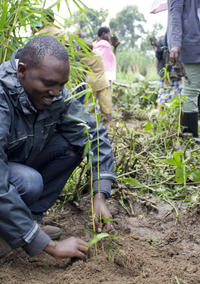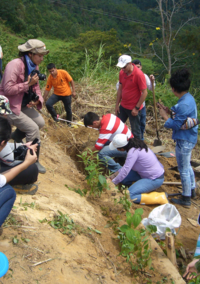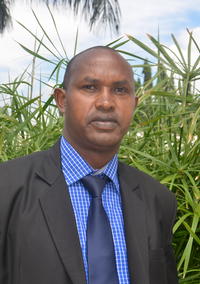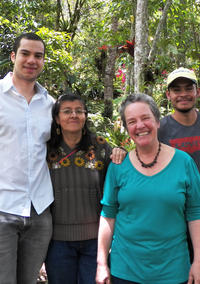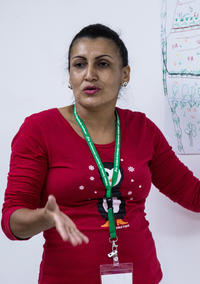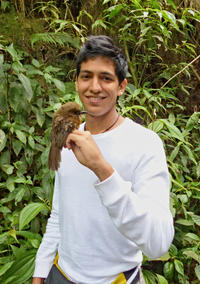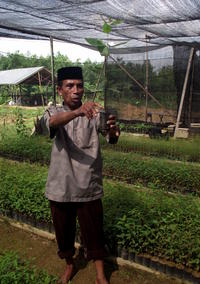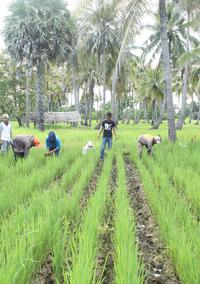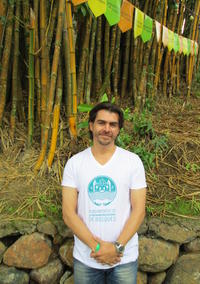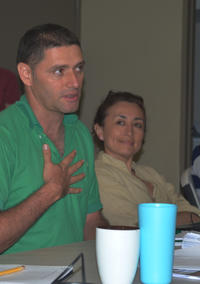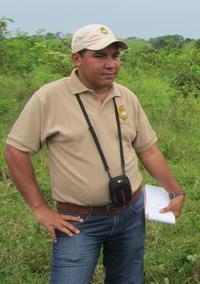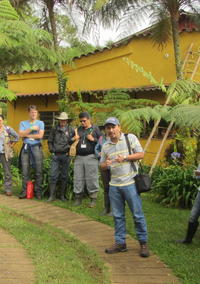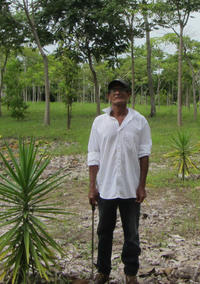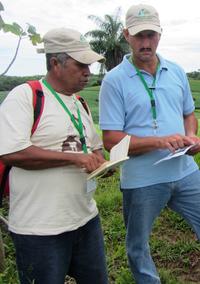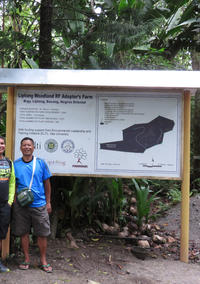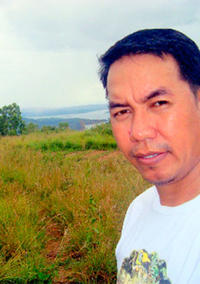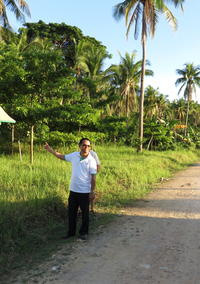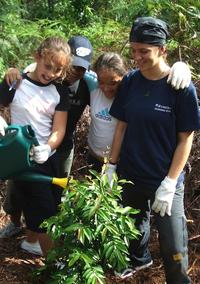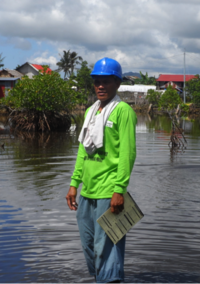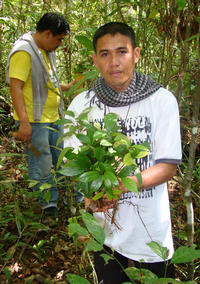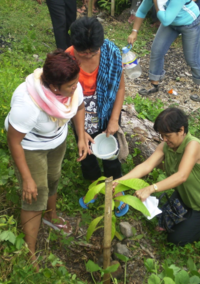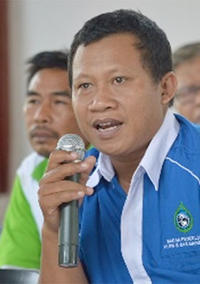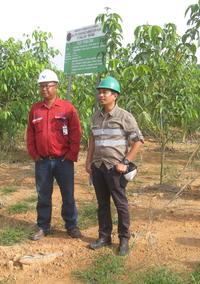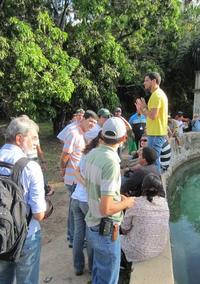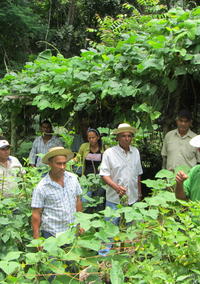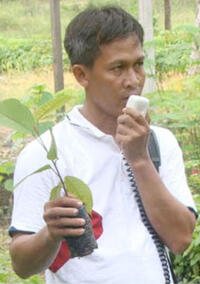You are here
Turtle Habitat Restoration In Colombia Receives Global Attention
Colombia’s Andean region hosts some of the world’s greatest pockets of biodiversity.
Nevertheless, its forests are under increasing pressure from expanding farming and ranching practices. Less than 5% of its tropical dry forest cover remains. Increasing urbanization and open-pit mining activities add to the strain.
Rubén Darío Palacio, a biologist in Cali, Colombia, and director of the non-profit Fundación Ecotonos, works to restore the region’s degraded habitats and conserve its wildlife.
Energized by the success of his early efforts, Rubén sought to expand his capacity. But he couldn’t find appealing local programs, nor affordable options abroad. So, in July, 2014, he participated in ELTI’s Online Training course, “Tropical Forest Restoration in Human-Dominated Landscapes of Latin America.” The course’s online format saved him time and money.
I felt compelled to take this course because of the stature of the professors leading the course as well as ELTI’s high reputation in South America.
Rubén Darío Palacio
One of the course’s highlights for Rubén was the monitoring module: “I learned fundamental aspects of monitoring the process of restoration and acquired very useful resources such as the Monitoring Protocol for the Brazilian Atlantic Forest Restoration Pact,” explains Rubén. “Thanks to this information, I produced a monitoring protocol for the habitat restoration of the Dahl’s Toad-headed Turtle (Mesoclemmys dahli), an endangered species in the threatened dry forests of northern Colombia.” Ruben designed and executed this project in collaboration with the Wildlife Conservation Society (WCS) and the local community.
With support from ELTI´s Leadership Program, Rubén presented his work restoring threatened turtle habitat at the 6th World Conference on Ecological Restoration, 23-27 August, Manchester, UK. Through his presentation, Rubén introduced his organization’s work to an international audience of peers in the field of ecological restoration.
“The conference helped me to grow my network of contacts and potential collaborators for future conservation and restoration projects in Colombia,” he explains. “I returned to my work with fresh energy and ideas."
Rubén hopes to continue collaborating with ELTI, and recommends the online course and leadership program to colleagues. “ELTI fills a very important niche within the environmental field. We receive scant support of this type. ELTI closes that gap in a brilliant way.”
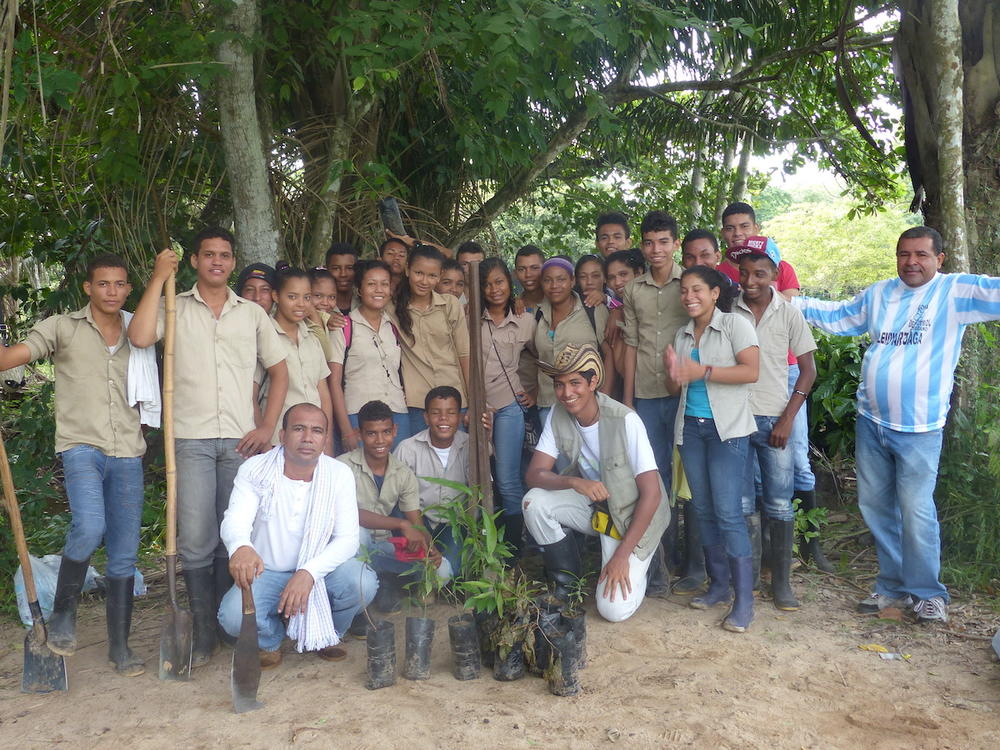
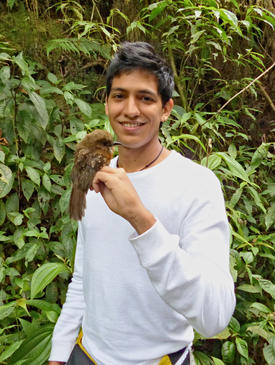
Acknowledgements
Thanks to William Vargas for introducing me to the field of ecological restoration, and Germán Forero-Medina for giving me the opportunity to create and direct the project to restore turtle habitat in Chimichagua, Cesar, Colombia.






